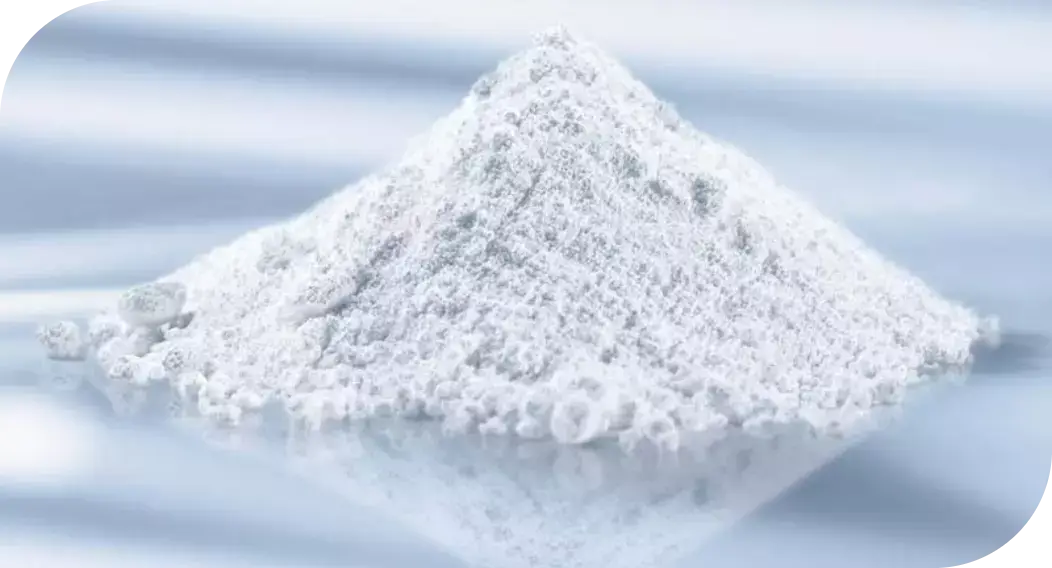Posted By: skminerals

Likes
2 Comments
Preserved Baking With Calcium Propionate
Calcium propionate is a common bread and meat preservative that works by suppressing the growth of mould and other microorganisms, therefore extending the shelf life of food. It also provides nutritional benefits as it possesses calcium as a source.
Calcium propionate is a preservative that can be combined with propionic acid and sodium propionate in bread and other baked goods.
Calcium propionate preserves baked goods by preventing mould and bacterial growth, which would otherwise cause them to spoil. Calcium propionate is naturally present in butter and some types of cheese.
Calcium Propionate is a relatively new sort of food preservative that’s deemed safer than sodium benzoate and less expensive than potassium sorbate.
It is a preservative commonly used in yeast-raised baked goods such as pre-packaged and sliced bread, as well as some chemically-leavened goods. It is added during the dough phase, and the optimal use level is determined primarily by the formula and the desired shelf life of the finished product.
Formation
Calcium propionate is formed when chemically synthesized propionic acid is neutralized with calcium hydroxide. It is a preferred preservative in bakeries.
Properties of Calcium Propionate
Appearance: White Crystalline Powder
Boiling Point: 240.9ᵒC
Molar Mass: 213.51g/mol
Uses
• It is an antimicrobial agent.
• It is used in accordance with current good manufacturing practices, and its use is limited to what is required to achieve the desired effect.
• It’s used in baked goods, cheeses, confections, frostings, gelatins, puddings, fillings, jams, and jellies, among other things.
• It can enhance calcium nutrition.
• During the dough-making process, it is frequently combined with the other ingredients while making bread.
• After entering the feed body, calcium propionate is hydrolyzed to propionic acid and calcium. Propionic acid is an important volatile fatty acid; a small portion of it is converted to lactic acid, while the remainder is converted to glucose or provides energy after oxidation. As can be seen, calcium propionate is an important source of energy.
Application
Application: Calcium Propionate is a free-flowing powder that can easily be applied either by blending them with flour and other dry ingredients or by dissolving them in the water.
It is freely soluble in water. It degrades into propanoic acid, which has antimicrobial properties.
Only dissolved preservatives can have antimicrobial action against microorganisms, so water solubility is critical. Because of their low solubility in water and the formation of their salts, a few other preservatives are not commonly used in food.
Advantages of Calcium Propionate
Suppressing the growth of mold (fungi) and other microorganisms, it is used as a preservative in a wide variety of products that include bakery, cheese, meat, dairy products, etc.
Because it has little effect on yeast and does not interfere with fermentation, calcium propionate is an excellent preservative for bread and rolls. Sodium propionate, on the other hand, slows yeast fermentation and is not recommended for use in bread or rolls.
When the dose is proportional to the number of microbial cells present, calcium propionate is effective at inhibiting mould and bacteria growth.
Propionic acid enters mould cells and inhibits enzyme metabolism while also inhibiting microbial growth by competing with alanine or other essential amino acids required for microbial growth. That is how calcium propionate works to keep mould and other microorganisms at bay.
When compared to sodium propionate, it has the best preservation activity. Sodium propionate is also used as a mould inhibitor, but calcium form is preferable because it can help reduce sodium levels in food while also providing nutritional value.
SK Minerals is one of the leading manufacturers of food and pharma additives. We manufacture products such as Calcium Propionate after the same passed through R&D procedures and dispatch after complete testing to maintain high-quality standards.

Lorem Ipsum is simply dummy text of the printing and typesetting industry. Lorem Ipsum has been the industry’s standard dummy text ever since the 1500s, when an unknown printer took a galley of type and scrambled it to make a type specimen book. It has survived not only five centuries, but also the leap into electronic












5 February, 2024 at 10:42 pm
Free analysis of your website http://fertus.shop/info/
7 February, 2024 at 2:21 am
I offer mutually beneficial cooperation http://fertus.shop/info/